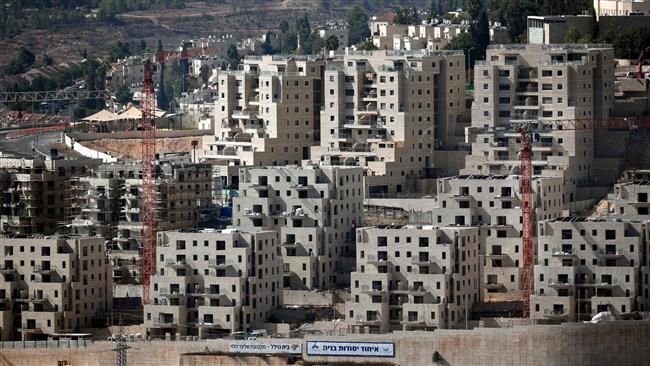
RNA - Lieberman's ministry announced on Tuesday that he would present plans to the Higher Planning Council for the immediate construction of 1,285 settler units on Wednesday.
The council is tasked with the approval of settlement construction projects, and convenes several times a year.
Lieberman will also peruse the forwarding of construction on 2,500 additional housing units in some 20 locations thought out the West Bank, added the ministry.
The move comes just over one month after Israeli Prime Minister Benjamin Netanyahu's Likud Party voted for a resolution which calls for the formal annexation of parts of the occupied West Bank.
A few days before that the Israeli cabinet approved $11 million in funding for settlement activities in the occupied West Bank.
Less than a month before US President Donald Trump took office, the United Nations Security Council adopted Resolution 2334, calling on Israel to “immediately and completely cease all settlement activities in the occupied Palestinian territories, including East Jerusalem” al-Quds.
Much of the international community regards the Israeli settlements as illegal because the territories were captured by Israel in the 1967 Six-Day War and are hence subject to the Geneva Conventions, which forbid construction on occupied lands.
About 600,000 Israelis live in over 230 illegal settlements built since the 1967 Israeli occupation of the Palestinian territories of the West Bank and East Jerusalem al-Quds.
847/940